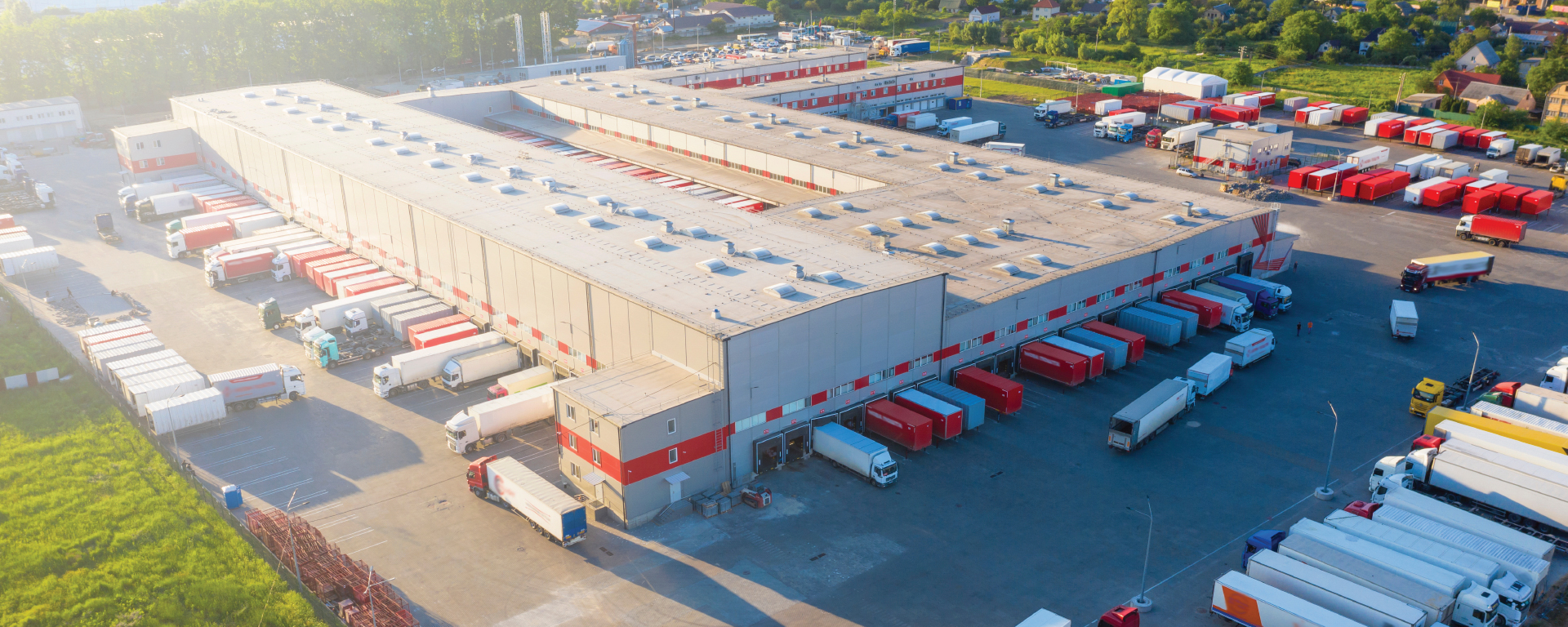A well-equipped warehouse is crucial in addressing the challenges of seasonal demand fluctuations. Whether it’s festival shopping, agricultural harvests, or year-end sales, businesses rely on warehouses to manage their inventory and maintain smooth supply chain operations during peak periods.
Bangalore, known as India’s tech and retail hub, sees changing market demands throughout the year. As consumer preferences shift with the seasons, having a warehouse that supports efficient inventory management and order fulfillment becomes crucial.
Seasonal Demands and Their Challenges
Seasonal demand surges often bring operational challenges for businesses. Products like apparel, electronics, festive decorations, and even perishable goods experience a sharp spike during certain times of the year. Managing this surge effectively requires strategic planning and infrastructure.
A warehouse in Bangalore designed to handle seasonal variations can ensure businesses stay prepared for these fluctuations. Let’s understand how warehouses address these challenges and what features make them indispensable for managing seasonal inventory needs.
1. Scalability to Meet High Demand
One of the primary ways a warehouse in Bangalore supports seasonal business surges is by offering scalability. Modern warehouses are equipped with flexible storage solutions, allowing businesses to increase or decrease storage space based on their needs.
For instance, during the Diwali season, e-commerce companies may experience a surge in orders. A warehouse in Bangalore with expandable storage options can accommodate the sudden influx of inventory without compromising operational efficiency.
2. Efficient Inventory Management
An efficient warehouse in Bangalore uses advanced inventory management systems to optimize stock levels. These systems track product movement in real-time, preventing stockouts or overstocking during critical periods.
Proper inventory management also allows businesses to segregate seasonal goods, ensuring faster access and streamlined operations. This not only improves order fulfillment speed but also minimizes errors during peak seasons.
Strategic Location and Transportation
Seasonal demand surges often require quick delivery to meet customer expectations. A strategically located warehouse in Bangalore, near major highways or transport hubs, can reduce transit times and ensure timely deliveries.
1. Proximity to Consumer Markets
Bangalore’s diverse consumer base makes it vital for warehouses to be close to retail hubs and urban centers. A central location minimizes transportation delays and ensures products reach customers faster during high-demand periods.
2. Seamless Integration with Transportation Networks
A warehouse in Bangalore that integrates with transportation networks, including road, rail, and air logistics, can handle larger volumes efficiently. This is especially important for businesses that deal with perishables or time-sensitive products during seasonal peaks.
Technology-Driven Operations
A modern warehouse in Bangalore leverages technology to enhance its capabilities and manage seasonal demands effectively. From automation to data analytics, these tools ensure smooth and efficient operations.
1. Use of Warehouse Management Systems (WMS)
WMS helps in organizing and optimizing storage, tracking inventory, and coordinating order fulfillment. With real-time data, businesses can make informed decisions about stock replenishment and distribution during peak periods.
2. Automation for Faster Processing
Automated systems like conveyor belts, robotic pickers, and barcode scanners improve the speed and accuracy of operations. During seasonal demand spikes, automation ensures faster order processing and minimizes human errors.
Adaptability for Seasonal Trends
A well-equipped warehouse in Bangalore can adapt to the unique requirements of different seasonal trends. This flexibility makes it easier for businesses to store and distribute a wide range of products efficiently.
1. Specialized Storage for Perishables
Seasonal demand for perishable items, like fruits during the harvest season or chocolates during festivals, requires specialized cold storage facilities. A warehouse in Bangalore with temperature-controlled environments ensures these products remain fresh and meet quality standards.
2. Handling Diverse Product Categories
Bangalore’s dynamic market includes products ranging from apparel and electronics to FMCG and industrial goods. A warehouse that caters to diverse categories ensures businesses can manage seasonal spikes across multiple sectors effectively.
Value-Added Services
Apart from storage and logistics, a warehouse in Bangalore can provide value-added services that further enhance its role in managing seasonal demands.
1. Kitting and Packaging
During high-demand periods, businesses may need customized packaging or promotional kits. A warehouse in Bangalore offering kitting and packaging services saves time and streamlines order fulfillment.
2. Reverse Logistics
Seasonal sales often lead to a rise in product returns. A warehouse in Bangalore with efficient reverse logistics systems can handle returns quickly, ensuring customer satisfaction and reducing losses.
Conclusion
A modern warehouse in Bangalore is an integral part of the supply chain that ensures businesses can handle the complexities of seasonal demands. With features like scalable storage and value-added services, warehouses help companies maintain efficiency and deliver a superior customer experience. Whether it’s handling a festival rush or supporting end-of-season sales, warehouses in Bangalore continue to play a critical role in supporting businesses through seasonal fluctuations.





